Jonathan Raban, who died earlier this year, left this memoir almost complete. It tells two stories, artfully braided. One concerns the first three years of the author’s parents’ marriage, when Peter Raban was abroad serving in the second world war. He rose to become a major in the Royal Artillery, fighting in France and Belgium, evacuated from Dunkirk and proceeding to North Africa, Italy and Palestine. The second is about the author’s stroke in 2011, aged 69, his rehabilitation in a neurological ward where, on his first morning, a nurse asked ‘Do you want to go potty now?’, and the start of a new life as a hemiplegic.
Peter and his wife Monica exchanged letters almost daily, and his form the heart of the book, penned in trenches ‘foggy with pipe smoke and the burnt wood smell of spent Swan Vestas’, along with his notes written 50 years later and the published sources of other men serving in the same theatres. The censor was rigorous (‘In my father’s reported war virtually nobody died, ever’), but, with Raban’s interpolations, the Anzio pages read like a military thriller.
Meanwhile, Monica and the small Jonathan (born in 1942) settle into a cottage without a plumbed toilet in Hempton Green near Fakenham, Norfolk, visiting Granny in Sheringham through flat lanes ‘imprinted with the muddy spoors of the tractors that were displacing horses on the farms.
‘I paddled tremulously in the foamy dribble’, Raban recalls; and from the bandstand ‘for a moment one could catch a scatter of cornets above the rhythmical bass grunting of the tuba’.
Towards the end of 1945, when most men were still not home, Monica had a breakdown – ‘she’s off her rocker’ – and Peter finally obtained compassionate leave and returned to Norfolk. Raban says nothing of the reunion, though we know Peter went on to be ordained an Anglican vicar, like his father before him, and spent his working life ministering to his flock before his death in 1996.
Raban, who lived in Seattle for the last 33 years of his life, wrote travel books, including Old Glory (in my view his best), the 1981 account of a journey down the Mississippi. In 1987 he published a gorgeous anthology of essays, For Love & Money, which remains one of the finest accounts of a writer’s daily life. He was a master of close observation and wry self-deprecation, and had a cameraman’s ability to switch to a wide-angle lens in a heartbeat.
The title of this book references the 1910 book of the same name by Edmund Gosse, belle-lettrist and pallbearer at Thomas Hardy’s funeral. Gosse’s volume is the jewel in the crown of father-son contributions to the rather grotesquely swelling body of familial memoir. Most literary boulevardiers of Raban’s generation pay homage to it. Raban’s friend Paul Theroux, mentioned warmly in these pages when he sends a half case of Oregon pinot noir to the rehabilitation ward, cites Gosse in The Kingdom by the Sea (1983) and elsewhere. But I wonder why Raban deployed this title without referring to Gosse. I wish he had. One story in the book is, I think, intended as a parallel to Gosse’s experience as a child of Plymouth Brethren. A young woman in Hempton Green fell pregnant while her husband was away soldiering under Peter Raban. Peter asked Monica to befriend the girl’s mother and report what the family planned to do. After a flurry of letters, Peter squashed the plan for the grandparents to adopt the baby, insisting that infant depart immediately for Dr Barnardo’s – which is what happened. This was the theologically correct solution. Any other would ‘condone’ the sin of adultery. Raban shows the Church of England to be as cruel and doctrinaire as Gosse portrayed the Brethren.
The tension of the narrative tightens as Peter ships out of Alexandria on a Dutch liner for the long journey to Norfolk, and Raban leaves the rehab ward for a temporary new home (he cannot yet navigate the 17 exterior wooden steps of his own house). Thus the two stories come together in different homes. In a note at the end, the book’s editor reveals the existence of a missing chapter of startling content, which Raban did not have time to add. That might have changed the complexion of Father and Son.
As it is, it rambles and I think Raban would have binned some of the more egregious digressions (perorations on the US university admissions system, for example, or on the social and geographical differences between east and west Washington state). A few clichés slip in (something ‘comes apart at the seams’; he passes a test ‘by the skin of my teeth’), but one can forgive him anything (all right, not, ‘testosterone is a wonderful thing’) for his acute descriptions of the foibles and failures of being human – yours, mine, everyone’s.
I am writing the authorised biography of Jan Morris, and late last year Raban and I exchanged emails, as he keenly revealed details of his soured friendship with Morris. ‘I am now drowning in [the memoir] business,’ he wrote at the end of December, ‘with source notes and next week the copyedited ms, all to tight deadlines, which are driving me crazy. Can we reconnect after 19 January, and I’m much looking forward to our conversation.’ On 17 January he died.
Got something to add? Join the discussion and comment below.
Get 10 issues for just $10
Subscribe to The Spectator Australia today for the next 10 magazine issues, plus full online access, for just $10.
You might disagree with half of it, but you’ll enjoy reading all of it. Try your first month for free, then just $2 a week for the remainder of your first year.

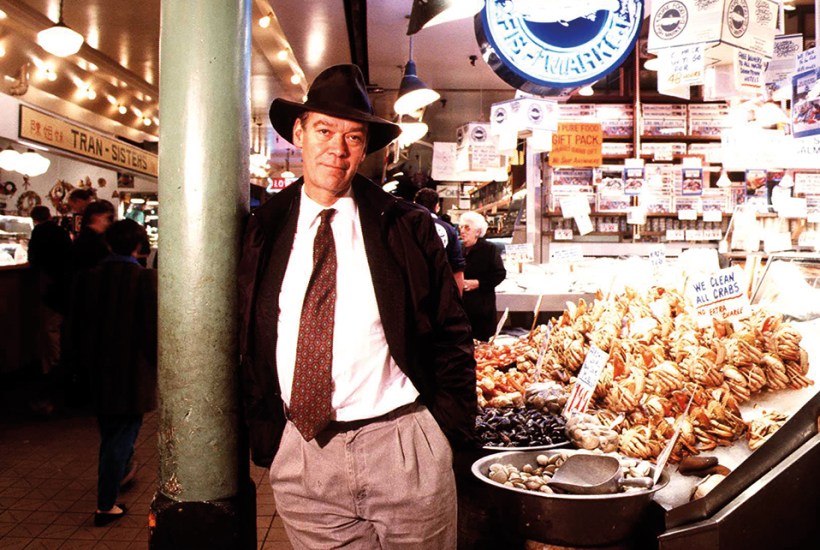
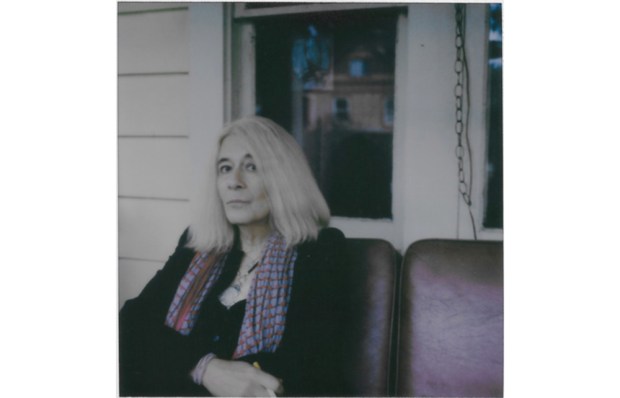

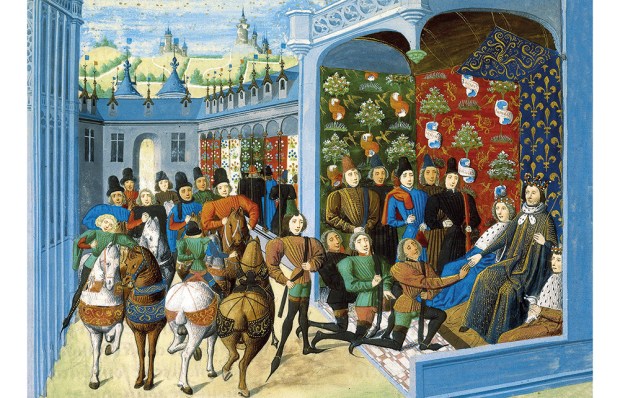
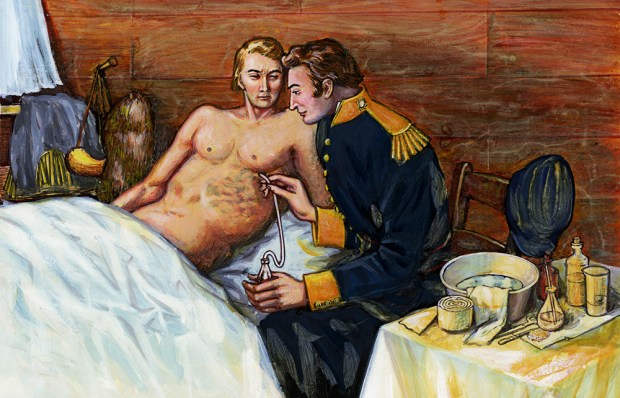
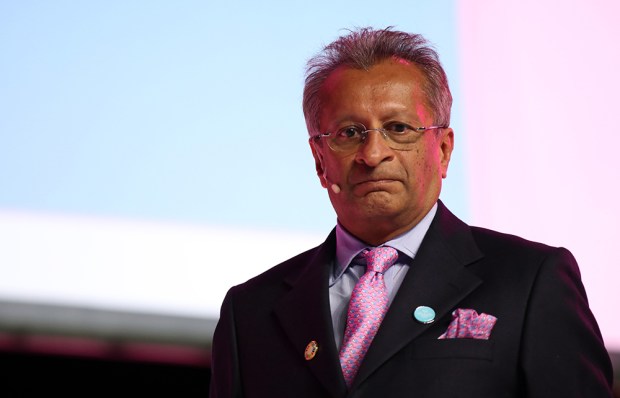
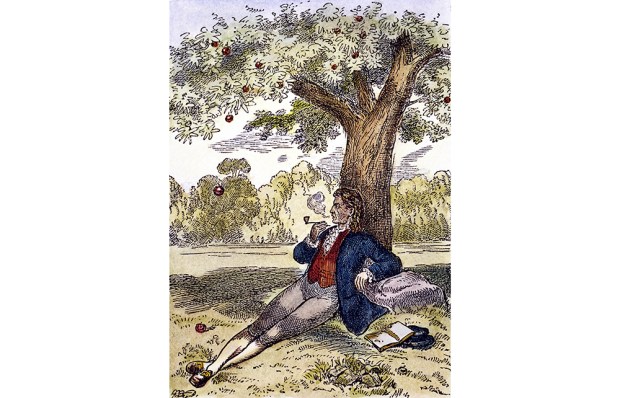






Comments
Don't miss out
Join the conversation with other Spectator Australia readers. Subscribe to leave a comment.
SUBSCRIBEAlready a subscriber? Log in